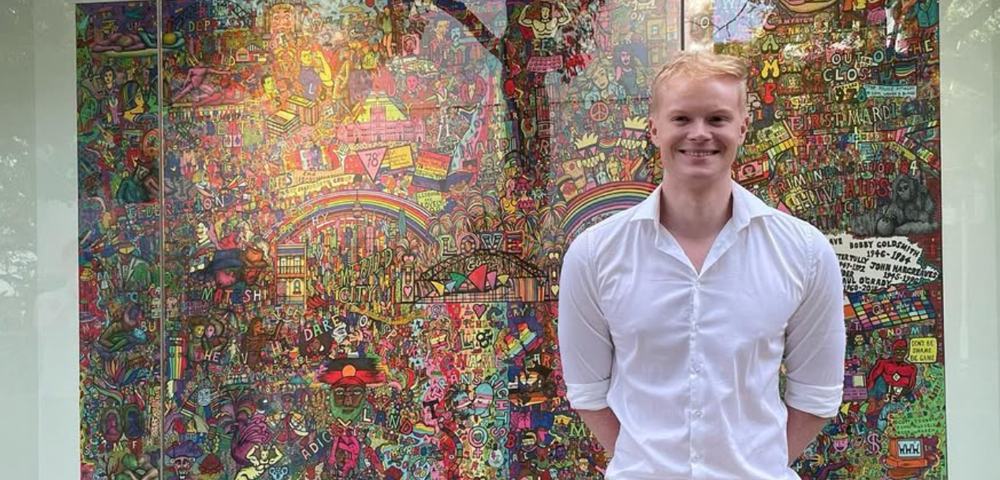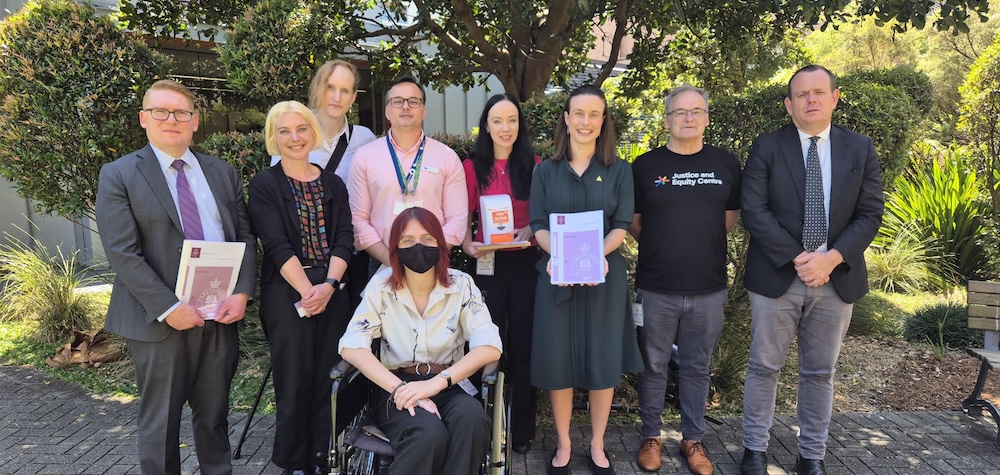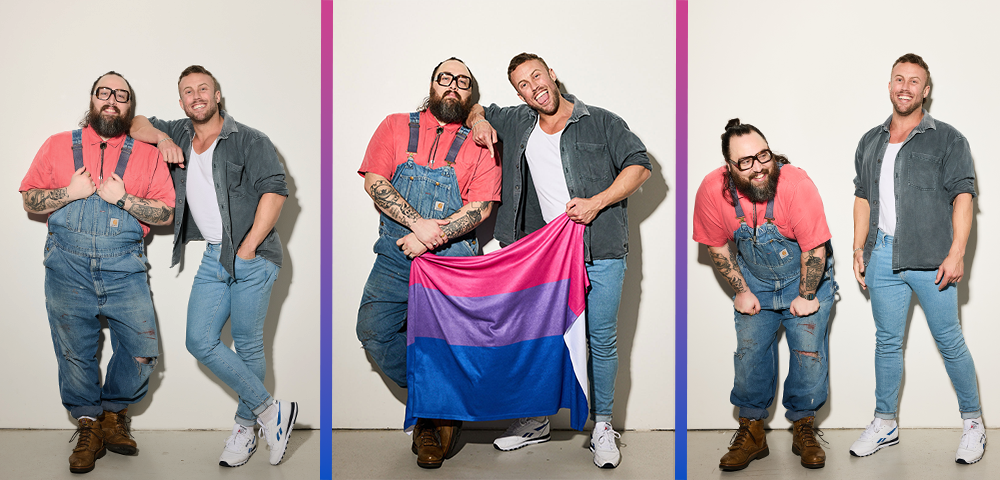
Despite limited resources, the Australian Human Rights Commission is trying to ‘get it right’ on protection from discrimination on the basis of sexual orientation and sex and/or gender identity.
The president of the Australian Human Rights Commission, Catherine Branson QC, held two consultations on the topic recently, one in Sydney and one in Melbourne.
One of the important purposes was to determine what kind of language should be used in any federal legislation to refer to sexual orientation and sex or gender identity. Another was to consider what protections were, or were not, already available at state level, and whether federal legislation could, or should, be promulgated to protect people’s rights.
Quite a bit of the time was spent discussing semantics. For instance, should it be ‘sexual orientation’, or ‘sexual preference’, or ‘sexuality’?
And should it be ‘gender identity’, ‘chosen gender’, or ‘gender expression’?
Much argument went backwards and forwards as to why one term was preferable to another, for instance, did ‘sexual orientation’ imply pointing in only one direction, or imply the possibility of pointing to any direction of the compass at any given time?
Luckily, in Melbourne, we only had comments from two people who absolutely ‘weren’t in our corner’, so to speak, and another two who just didn’t ‘get it’.
What they said was hurtful enough, but at least we didn’t have the guy who popped up in Sydney with a sign saying ‘homosexuality leads to bestiality,’ or something to that effect.
There was quite strong argument that any organisation that discriminated on the grounds of sexual orientation or gender identity should not receive any government funding, since that equated to LGBTI people paying organisations, through their taxes, to discriminate against them.
The issues of transgendered people were fairly well canvassed, as were those of intersex people.
By Barbary Clarke, co-convenor of the VGLRL’s Policy Working Group.










Actually I have a better definition or/and interpretation on gender identity:
“gender identity” means —
(a) the identification on a basis
by a person of one sex as a member of
the other sex (whether or not the person
is recognised as such)—
(i) by assuming characteristics of the
other sex, whether by means of
medical intervention, style of
dressing or otherwise; or
(ii) by living, or seeking to live, as a
member of the other sex; or
(b) the identification on a basis
by a person of indeterminate sex as a
member of a particular sex (whether or
not the person is recognised as such)—
(i) by assuming characteristics of that
sex, whether by means of medical
intervention, style of dressing or
otherwise; or
(ii) by living, or seeking to live, as a
member of that sex.
Paul Mitchell wrote:
B) “gender identity” means recognising males, females, individual person who have or have not underwent or who have gender reassignment surgery, intersex conditions and/or recognising that individuals gender identity.
No! It is exactly this ‘blanket’ approach to a raft of very different experiences that can create ongoing problems.
‘Gender identity’ does not encompass Intersex. The approach Mr Mitchell adopts has already seen the virtual erasure of Transsexuals as a class of persons and he would extend that erasure to Intersex if this comment is anything to go by.
By all means change the wording of ‘sexual preference’ if that is the desire of the gay community. Keep the term ‘gender identity’ for those who, for whatever reason, feel the need to switch social gender presentation (transgender)
Leave the term ‘sex identity’ for those who experience life-long dissonance between their morphological sex and their neuro-biological sex and, finally, accept that surgically and socially miss-assigned Intersex people are the product of the very beliefs that are being expressed by Mr Mitchell.
The practice of non consensual cosmetic genital surgery on intersex babies needs to be outlawed. Attempting to absorb those who reject the forced assignments as adults, into the transgender/identity umbrella is an outright denial of the existence of this practice.
Intersex stands on its own as a distinct set of specific issues. It must not be diluted or disguised as something else – e.g a gender identity / transgender issue
The consultation must be simple, clear and concise on what the proposal actual is – unlike what the 2 below media articles they are reporting, that has absolutely NOTHING to do with gay marriage!!!
http://www.theaustralian.com.au/national-affairs/red-book-plan-a-step-towards-gay-marriage/story-fn59niix-1225971141937
http://www.heraldsun.com.au/news/national/attorney-generals-department-draft-legislation-boosts-gay-marriage-reality/story-e6frf7l6-1225971223550
First of all the discrimination legislation needs to be consolidated into just one (perhaps as a title called the Equality Act 2011). Currently there are 4 Commonwealth Acts of parliament (namely the Anti-Discrimination Act 1992, Age Discrimination Act 2004, Sex Discrimination Act 1984 and the Racial Non-Discrimination Act 1975).
Second marital status discrimination needs to include de facto couples of the same sex (currently it says only “de facto spouse which means a person living with the opposite sex” in the Sex Discrimination Act 1984). This needs to replaced with “Relationship status means 2 person living together under the meaning of the Acts Interpretation Act 1901”.
thirdly in the proposed bill that is currently being drafted should include three fine simple words of “relationship status”, “sexual orientation” and “gender identity”. When the proposed bill gets drafted it should say –
A) “sexual orientation means an individuals personal heterosexuality, lesbianism, homosexuality, bisexuality and asexuality imputed into the person.
B) “gender identity” means recognising males, females, individual person who have or have not underwent or who have gender reassignment surgery, intersex conditions and/or recognising that individuals gender identity.
C) “relationship status” means the condition of being –
i) married;
ii) married but living separately and apart from one’s spouse;
iii) divorced;
iv) widowed; or
v) in a de facto partnership or recognised registered relationship under the meaning of the Commonwealth Acts Interpretation Act 1901.
D) “de facto partner or registered relationship has the same meaning under the Commonwealth Acts Interpretation Act 1901”.
E) Get rid of the horrible and demeaning term “sexual preference” in the Fair Work Act 2009 and replace it with “sexual orientation, gender identity and/or relationship status”.